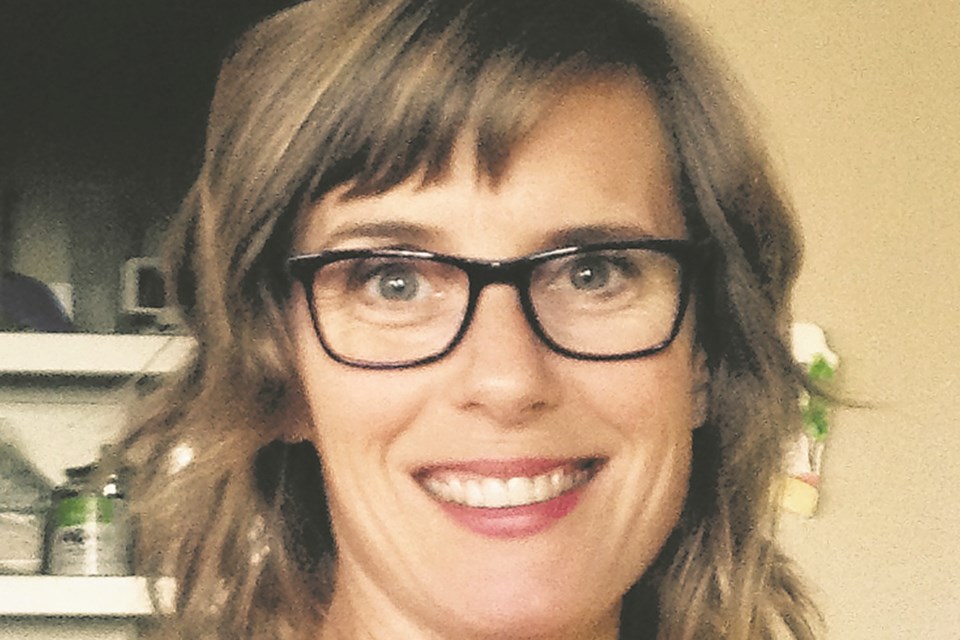John F. Kennedy often employed a now widely-used trope in his inspirational speeches identifying the Chinese term for "crisis" as composed of one character representing danger and another representing opportunity, or a change point.
While acknowledging the challenges and pain it has brought for many of us, I view this time of COVID as an opportunity, a disruption of our often-toxic status quo. What began as a weeks-long inconvenience gradually transformed into a rupture of our collective and familiar way of life.
Restrictions bore down on us across the planet. The initially surreal visual of a person in a mask at the grocery store or of a public sign reminding us to social distance, became common place, unremarkable. We became accustomed to travel restraints and bans. We worked from home in unprecedented numbers. Many adopted new pastimes to help cope with isolation and constraints. Interestingly, many of these pastimes involved a revival of activities from decades past such as time outdoors with loved ones, or reading and exploring homespun skills. Welcome to a generally slower and more wholesome lifestyle.
Images from across the globe witnessed nature reasserting herself. Pollution such as nitrogen dioxide and carbon dioxide dropped tens of percentages, and blue skies emerged where smog once knocked years off of lives. Waterways cleared. Dolphins and sea turtles materialized in numbers and places not seen in decades. Wild animals in national parks and even cities emerged in droves encouraged by the quiet and peace, no doubt.
As if the smog dissipating cleared our vision, we who formerly identified first as busy consumers working to keep our Neoclassical economies perpetually growing, and mistakenly believing our personal well-being depended upon it, began to see a bigger picture. Like ants in a hill that had been kicked open by COVID, we paused and reoriented ourselves to a broader world, aware of our vulnerability, but also of our individual and diverse gifts that, once shared, provided meaning in our lives. More connection came with each such offering to our families and communities.
The uniqueness that each of us brings when brought together makes up a beautiful puzzle, and a unity in diversity, something we hadn’t realized while our vision was narrowed in those busier times. Many of us have experienced and enjoyed this newfound interconnectedness. We have also glimpsed our place within the grand ecosystem as we marvel at the titration of wild into our ‘civilized’ world while we, in turn, connect to nature for its restorative effects.
Botanist and Indigenous woman Robin Wall-Kimmerer explains that how we think ripples into our behaviour. If we come to value this slowing down, simplifying, and living locally as a part of a community; if we grow gardens, cook meals and bake bread; if we move into cooperation and embrace our diversity, we may decide not to return wholly to a competitive, scarcity-based economy that harms what we love. I experienced this invigorating phenomenon when I participated in a trade economy with a few friends and neighbours recently. I provided some garden design and pruning services in exchange for a haircut, some professional advice, and even some technology support!
JFK once told a graduating class at Yale: “The great enemy of the truth is very often not the lie – deliberate, contrived and dishonest – but the myth – persistent, pervasive and unrealistic.” We don’t need to go back to rushing around and feeling lonely and depleted. Realizing that we belong and are valued for who we are, not what we own offers sweet relief. Wall- Kimmerer, who cherishes the intelligent interdependence modelled in natural systems reminds us: All flourishing is mutual.
Thank you COVID, for the pause to reflect.



